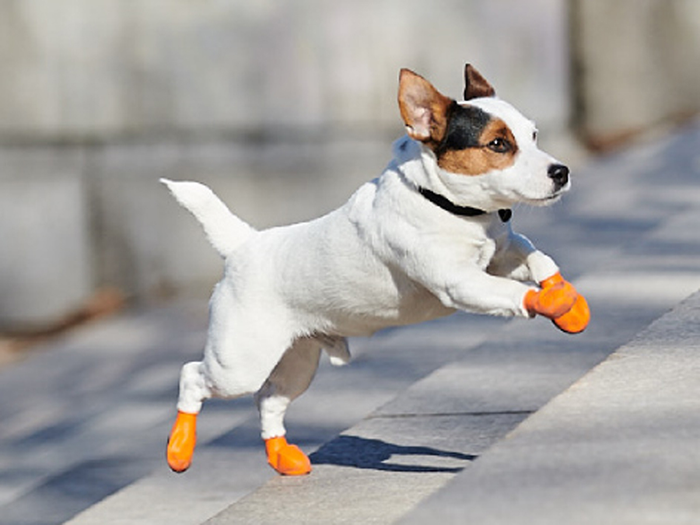Helpful Guide To Giving Proper Care For Newborn Puppies

Raising a newborn puppy can be very overwhelming but rewarding. A newborn puppies are fragile things that needs to be constantly monitored and fed. This article will guide you in raising a newborn puppy.
We’ll discuss the basics of puppy raising, including when to bring a new puppy home, how to potty train a pup, and how to keep your new addition healthy and happy. By following these simple steps, you’ll be able to raise your pup into an obedient, well-behaved member of your family!
Puppies need a warm environment
Newborn puppies can’t immediately regulate their body temperatures and will naturally long for warmth. Though they tend to cling and snuggle with their mom to use each other’s body heat, it is also essential that you keep your puppy litter in a warmer area. Placing a lamp could also be a big help. The light should be high above the box, just enough distance to prevent any risk of burning the mother or the pups.

Monitor Nursing
Puppies have an instinct for nursing. They rely primarily on their mother’s milk for nutrients in their first few weeks. You must check the mother’s milk to ensure that the milk is clean and healthy for lactating.
But how exactly do you know if the milk is unsuitable for consumption? Yellowish milk is a result of colostrum. It is the special milk for immediate consumption for the puppies. On the other hand, if you notice an unusual appearance in the mother’s breast, it could be mastitis. Mastitis is an inflammation of a mammary gland (breasts) caused by a bacterial infection causing trauma to the nipples or teat canal. It is most likely seen on dogs without proper care. If this is observed, it is best to visit the vet clinic immediately to prevent further worse results.
Check for disabilities in newborn puppies
Abnormalities in the puppy litter can be seen, especially when the mother had an unhealthy pregnancy or complications during pregnancy or in labor. Though inheritance could be a significant factor in this problem, so is their environment. Most congenital disabilities in puppies could be hereditary, nutrition-related issues, infectious diseases, or abnormalities in the physical body.
Keeping clean for newborn puppies
A clean and sanitised area for puppy litter is very crucial. Newborn puppies are exceptionally fragile, which is why they are also very prone to diseases. Naturally, mothers will clean up their pup’s waste, but in cases of larger litter, they may need help. Buying pee pads or using rags could be a great help. The space should offer enough room for the mother to lie down comfortably.
Mother care is crucial for newborn puppies
Taking care of the puppies is crucial, and so is mother care. Additionally, it’s vital that you keep an eye on the mother’s health, determine whether her weight is average, whether her milk is healthy, and see if she is in discomfort before and after labor. After giving birth, most first-time mothers lose weight and their appetite for a few days. You must provide the dog access to food and fresh water.
If there are complications during and after labor, it will be best to immediately bring her to the veterinary clinic to ensure her and the pup’s safety. In finding quality vet clinics, it may be best to browse through the best vets in San Diego to give you a more practical option of excellent service vet clinics.
Conclusion
Overall, it can be highly overwhelming to have newborn puppies, but it can be gratifying to raise a dog into adulthood. Having any type of pet requires care, patience, and love. Becoming an effective dog owner takes a lot of courage and responsibility. Wouldn’t that be convincing?
Featured
Can Dogs Eat Teriyaki Chicken?
Can Dogs Eat Artichokes Safely?




